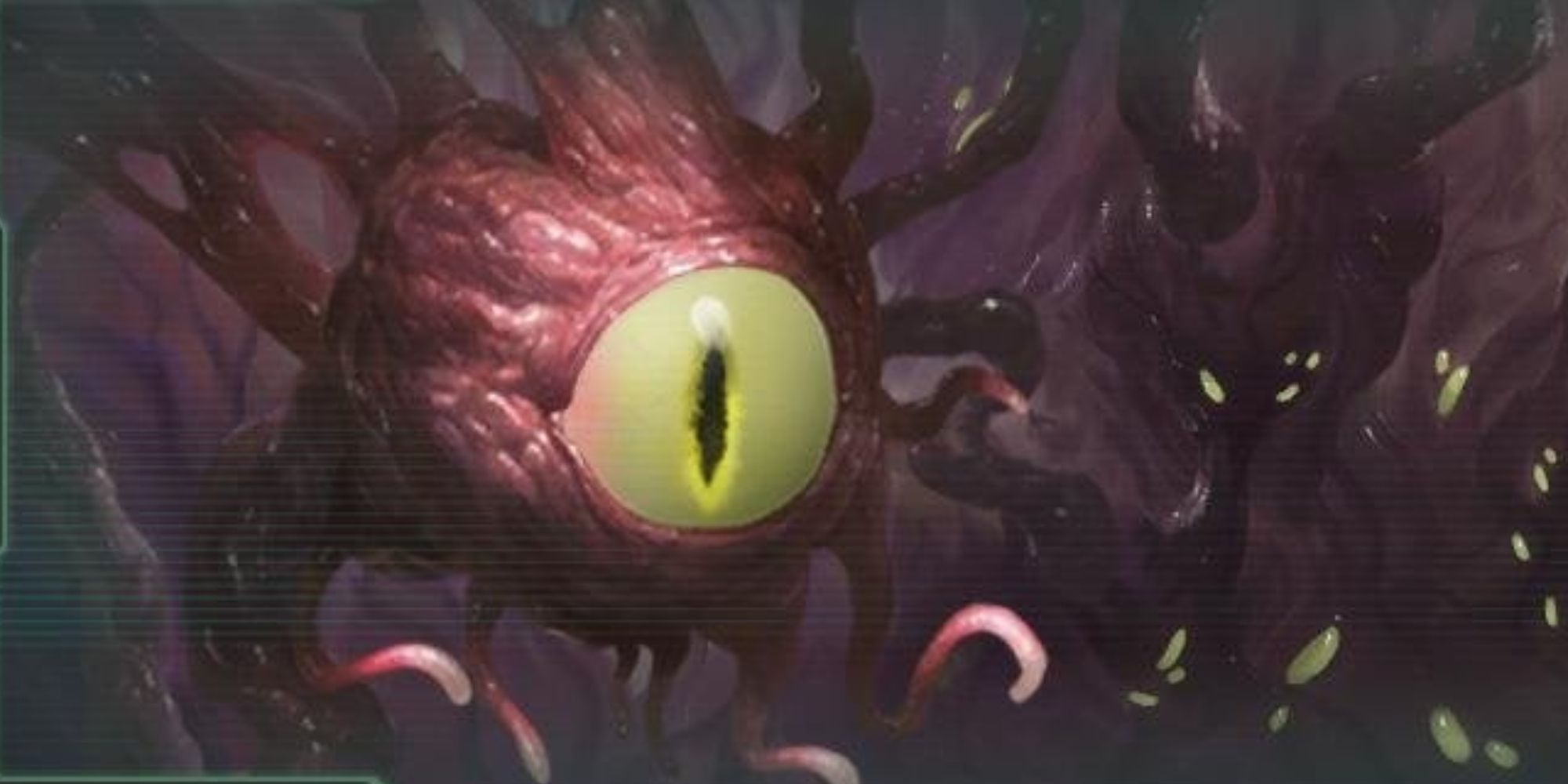Maybe I’m just grouchy today but how in the world does a word coming up twice in a row translate to a language being flawed? That seems like calling spelling “flawed” because letters come up twice in a row in a word.
deleted by creator
A comma should be after had had and before had had imo.
What exactly is it that you do do?
What are your duties? You’re going to have a lot of duties but you will be able to unload your duties on the people below you.
You don’t need the extra do in the do-do scenarios.
“You do do that though” “You do that though”
The issue is that they are still both technically correct? I think?
Do you do that? I don’t do that.
Vs.
You do that? I don’t that.
Number 1 wins.
It serves a meaning. It adds emphasis to the statement.
“You do do that though”
My doodoo scenarios often need an extra doo

“I would never! Not unless you were already having been going to do that!”
“wha-?”
“You heard me!”
still not shi
About the sign “Alpha and Bravo”, the spaces between Alpha and and and and and Bravo are too large.
“That that” spoken are two different sounding words so it makes sense. When it goes from verbal to written and I see it, I will almost always try to rephrase things to avoid that combo. It just jumps out as totally wrong.
are they? I just said “I didn’t know that that was how it is” out loud and both thats sound the same
In fluent speech, the conjunction (the first “that”) is unstressed, and as a result some speakers reduce the vowel a bit toward schwa. However, if you told those speakers to carefully pronounce each word, I bet they would pronounce the conjunction and the pronoun the exact same same. A more common example of this kind of reduction is the word “to”, which is almost always reduced to /tə/ ([tə] ~ [tʊ] ~ [ɾə] depending on dialect and surrounding words) in everyday speech when unstressed.
Fun fact, you can reduce just about every unstressed vowel in English to schwa (if it’s not already a schwa) and still be largely understood.
The A is slightly more emphasized in the second that. It’s subtle
must be regional I guess
Could be. So you say them exactly the same and not an inflection shift?
No, why would I
Because you generally put more emphasis on the subject in English
I’ll try and pay attention next time I have to say that that or if someone else says it. I think reading it and over thinking it makes it sound weird
I think it depends on if you want to emphasize something specifically or not. Second ‘that’ is the default it seems, but I first expected ‘was’ to be emphasized in this sentence
It’s called weak forms, this video goes into a lot of details about them, has examples of “that that” as well: https://youtu.be/qlbGtEg68x4
My friends and I call their dog “That” and we’re always saying stuff like “that’s that that!” when he comes down the stairs and such lol
*had had, has had
It annoys me so much when I feel I need to write a sentence like that that I go to great lengths to restructure sentences to avoid it.
…fuck
Your grammar and sanity are better for it. Actually, most cases I’m which a double that is used you can probably get away with a single that.
It is true that that is almost never necessary.
“It is true that that’s almost never necessary.”
I can’t wrap my head around this, logically it’s still a ‘double that’ but the short form makes it palatable to read/say.
I remember one time at r/peloton one of those tribalistic mildly-xenophobic nutcases told me, after sharing an article in spanish which had some ambiguous word, something to the effect that “spanish is the most confusing language in the world”.
Yes, that genius told that. In english.
I’d argue that french might be worse. Not a lot worse, but worse.
You can create a sentence with an infinite number of “police”
Who polices the Police?
Police Police police Police.
Who polices the Police Police?
Police Police Police police Police Police.
And so on…
Plot twist: There is no police police. ACAB
Who polices the Police?
Police Police police Police.
Who polices the Police Police?
Someone called👮😎
Same with “truck”: https://youtu.be/kccONko4xYE?si=z0Y3_lLN87nMrJIp
* the sound of buffalos approaching *
Who polices the Police?
🤷 Coastguard?
Have you heard the tragedy of pumping lemma? Have you heard the tragedy of the tragedy of pumping lemma? Have you heard the tragedy of the tragedy of the tragedy of pumping lemma?
Nah, that’s just you channeling your inner Psy: https://youtu.be/8dJyRm2jJ-U?si=a0JeSjBCsz1wRrkx
I don’t get it after the 2nd had, any chance someone else understands?
“…did have, did have…”
It needs a comma.
All the good faith I had had, had had no effect.
Essentially “all the food faith I previously had, didn’t have any effect”.
Good God English is an awful language.
ah that makes sense, thanks!
You’re welcome. :) Took me a minute tbh. Not sure if the wine I’ve had helped or hindered. It’s 2:30am here.
no it’s not. you can find quirks like this in every language.
True enough but I feel like English has more quirks than other languages though I acknowledge that may be bias.
I used to have near fluent Irish way back when and I don’t recall any shenanigans like this (again I acknowledge I may not have been presented with them). I feel like most other languages have a more clearly defined set of pronunciation rules too.
Irish looks horrific (Siobhán is shiv-awn for example) but very very closely follows pronunciation rules so that pronunciation would be no surprise to a native reading it for the first time. English sure as fuck does not follow rules like that.
Near. Neat. Book. Boot. Etc.
(Some small subset of Irish folks do say “boo-k” though)
maybe I should have clarified: not every language has quirks in the same ways. German has weird articles that make no sense.
French has different pluralization rules for up to four objects.e: this is probably wrong but there are many languages with different pluralizations for two objects (a dual) and for any number more than two. there are remnants of this in English as well, in words like both, either and neither.But even of you just want to think about writing: German makes super long words that look monstrous by mushing words together. French doesn’t pronounce half the letters in its spelling. Arabic doesn’t really have vowels but instead uses diacritics that are often omitted so you have to be really familiar with the language to read at all.
French has different pluralization rules for up to four objects
What?
well I can’t find a source for it now. maybe I’m misremembering. I read it in the book The Universal History of Numbers by Georges Ifrah. maybe it was referring to some remnant exception, maybe it was about another language. can’t verify it cause the book is not nearby right now. maybe I confused it with four different ways to pluralize in French (s, x, aux, none) idk.
Oh, you mean word endings for plurals, well those depend on the gender and the singular word ending. They can be a bit confusing, because they’re not always regular like local -> locaux, but naval -> navals. You have that in other languages too, even in english, like goose -> geese, but moose -> moose, mouse -> mice, house -> houses, and so on.
I’m pretty sure it is grammatically correct with no comma. The version you provided is a comma splice.
To slightly change the tense, All the good faith that I had had no effect is grammatically correct with no comma, so the gerund form should also not need a comma.
Perhaps. Regardless it’s outlandish abuse of the tongue IMO and definitely would benefit from the comma because nobody’s going to just bang out 4 had’s in a row in speech without a pause without a justifiable slap across the chops and possibly a challenge to a duel.
“But your honour, he said ‘had’ four times on the trot without pause”
“Case dismissed”
Why was your food faith no good?
It doesn’t need a comma, it needs restructuring. When phrasing it like this, it is customary to add a comma between two adjacent verbs. You could even argue that the first part is an introductory phrase, which would explain the comma too.












